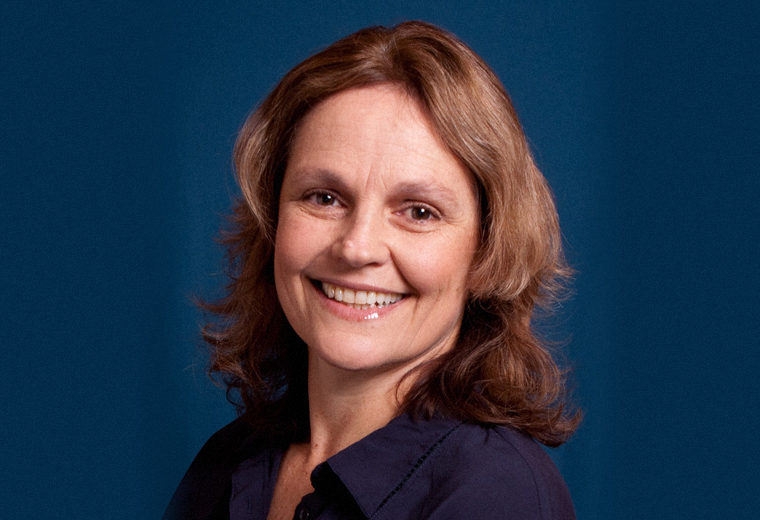News
Supporting children through disaster
GPs can now access trauma kits designed to help provide care specific to the needs of children, who are among the most vulnerable in disasters.
 Children’s mental and physical health can be strongly impacted by experiencing disaster.
Children’s mental and physical health can be strongly impacted by experiencing disaster.
‘Children are the ones often overlooked, sitting quietly on the side lines but being powerfully affected by what they are seeing, hearing, smelling and feeling.’
Fire, flood, cyclone – whatever form disaster takes, the distress that often follows for those who survive is well-documented. Even emergency responders, those trained to help others through disaster situations, are not immune from serious trauma in the aftermath.
All of which makes it especially sobering when contemplating a disaster’s effects on children.
‘Children are physically and mentally more vulnerable, and are very dependent on the adults and supports around them,’ GP and disaster medicine specialist Dr Penny Burns told newsGP.
‘The future mental and physical health trajectory of babies, toddlers, primary school kids and adolescents can all be affected by disasters.’
Dr Burns believes that while GPs are often the key – sometimes only – medical professionals in assisting children and their families in a disaster situation, they may not have training in children’s specific needs at such times.
‘Children are the ones often overlooked, sitting quietly on the side lines but being powerfully affected by what they are seeing, hearing, smelling and feeling,’ she said.
‘GPs have an opportunity to remember the children at such times and to consider their needs amongst the more obvious needs presenting.’
Emerging Minds, an organisation dedicated to the mental health of children and their families, has stepped in to help fill this gap. The organisation’s Community Trauma Toolkits are designed to help GPs and other health professionals better assist children through the impacts of disaster.
The toolkits feature workshops, handbooks, videos, podcasts, and fact sheets with information on how to lessen the impact of disasters on children.
The information covers the needs of children at the different phases of a disaster:
- Preparedness
- Immediate response (0–4 weeks)
- Short-term response (1–4 months)
- Long-term response (months to years)
- Recovery or ongoing (up to a lifetime after the event)
‘GPs will be able to learn about how disasters and trauma affect children from zero to adolescence, how to recognise which children are more at risk, what is protective for children and what is not, and how to help children and families build resilience at these times and into the future,’ Dr Burns said.
‘The ultimate aim is to help reduce adverse reactions of children to disaster or trauma, build resilience in the children and their parents, and improve long-term adaption.’
 GP and disaster medicine specialist Dr Penny Burns has found the effects of trauma on children are often not long-lasting – if they receive the right kind of support.
GP and disaster medicine specialist Dr Penny Burns has found the effects of trauma on children are often not long-lasting – if they receive the right kind of support.
Much of the information is based on research into the ongoing effects of large-scale disasters on children, such as the 2001 World Trade Centre (WTC) attacks in New York and bushfires in Australia.
‘Parents post-WTC describe severe changes in behaviour in their under-five-year-olds, ranging from becoming very unusually “good”, or the opposite, to becoming unusually difficult and panicky,’ Dr Burns said.
‘There are stories of children normally frightened of strangers quietly complying as strangers grabbed them to carry them out of danger when their parent couldn’t, and of children trying to make their own sense of what was happening, describing the falling people as birds, or the debris as snow.
‘One two-and-a-half-year-old was described by her mother as unable to talk, as frozen. Other parents report children going into a dazed sleep – when they wouldn’t normally sleep – from which they had trouble arousing them.’
while such responses to trauma can be frightening to observe, Dr Burns reassures that they are not usually lasting, especially if children have key support adults to help them.
‘Overwhelming distress during these events is a normal reaction to an extraordinary event, and the majority of children and adults will recover well,’ she said.
Dr Burns is proud of the work that has gone into the development of the toolkits, and believes they can help make a real difference to GPs in helping their communities towards this recovery.
‘This toolkit updates and builds on earlier work to incorporate the latest evidence and expertise from researchers and practitioners in the field, but also importantly draws on the wisdom of people with a lived experience,’ she said.
‘It is a unique resource, and a very valuable one, for GPs.’
disaster emergency medicine emerging minds trauma
newsGP weekly poll
Which of the following areas are you more likely to discuss during a routine consultation?